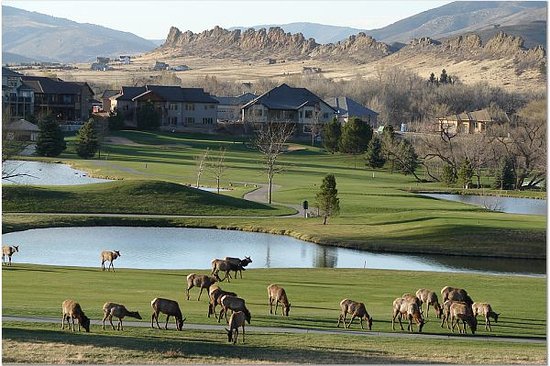 This month, Utah Governor Gary Herbert said he would not sign an agreement that would divvy water under the shared border between Utah and Nevada. This water had been eyed by the thirsty metropolis of Las Vegas a few hours south. The pact was drawn up four years ago in response to a 2004 Congressional order that required the states to reach an agreement before any transfers of water would be permitted in the Snake Valley. The agreement was controversial because of a proposed pipeline enabled by the pact that would send Snake Valley water to Las Vegas. The pipeline spurred protests from farmers, environmentalists, tribes, and ranchers in Utah and parts of Nevada.
This month, Utah Governor Gary Herbert said he would not sign an agreement that would divvy water under the shared border between Utah and Nevada. This water had been eyed by the thirsty metropolis of Las Vegas a few hours south. The pact was drawn up four years ago in response to a 2004 Congressional order that required the states to reach an agreement before any transfers of water would be permitted in the Snake Valley. The agreement was controversial because of a proposed pipeline enabled by the pact that would send Snake Valley water to Las Vegas. The pipeline spurred protests from farmers, environmentalists, tribes, and ranchers in Utah and parts of Nevada.It was not clear whether Gov. Herbert would support the agreement, and he shocked both supporters and critics of the project when he announced his decision. He told the Deseret News, "At the end of the day, when it comes down to those people who have the most to lose — it's their water, their lifestyle, their livelihood — I can't in good conscience sign the agreement. It's that simple."
In Utah, the reaction has been positive. The majority of local citizens and officials at the county level in Millard and Juab counties did not support the water sharing agreement.
The director of Nevada Department of Conservation and Natural Resources said that they are "evaluating all of [their] options in light of Gov. Herbert's decision." A lawsuit could be forthcoming.


